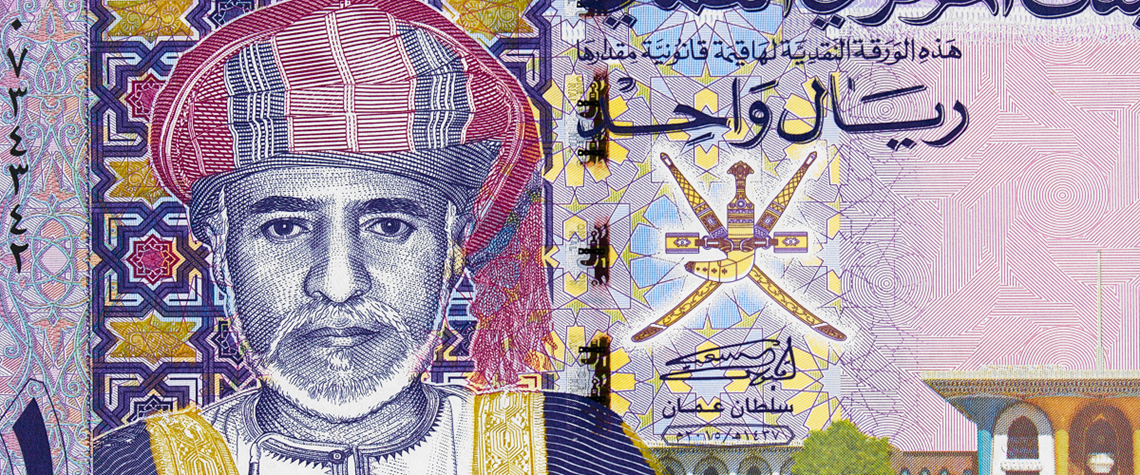Oman's renaissance man faces Iran, succession tensions
The sultanate’s neutrality in the increasingly tense stand-off between Saudi Arabia and Iran complicates relations with its Arab Gulf neighbours
On 23 July 1970, Sultan Qaboos—a graduate of Sandhurst, a British military college—overthrew his father in a bloodless coup. Oman at that time was backward in terms of basic infrastructure, education, social services and other 20th century amenities. The new, young head of state set about modernising the country. Sultan Qaboos has been steering his nation, singlehandedly, throughout the 48 years since then. His influence on the country is so overwhelming (he occupies all the key posts in cabinet) that Omanis can't imagine a future without him. While lengthy spells of medical treatment abroad appear to have been successful, a day will inevitably come when the country has to contemplate a new

Also in this section
5 August 2025
After failed attempts to find a buyer for its stake in Russia’s largest oil producer, BP may be able to avoid the harsh treatment meted out to ExxonMobil and Shell when they exited—and could even restart operations if geopolitical conditions improve
1 August 2025
A number of companies have filed arbitration claims against Gazprom over non-deliveries of contracted gas or other matters—and won. The next step is to collect the award, but this is no easy task
1 August 2025
Europe’s refining sector is desperately trying to adapt to a shifting global energy landscape and nowhere is this more apparent than in its largest economy
1 August 2025
The Middle East natural gas playbook is being rewritten. The fuel source offers the region a pathway to a cleaner, sustainable and affordable means of local power, to fasttrack economic development and as a lucrative opportunity to better monetise its energy resources.








